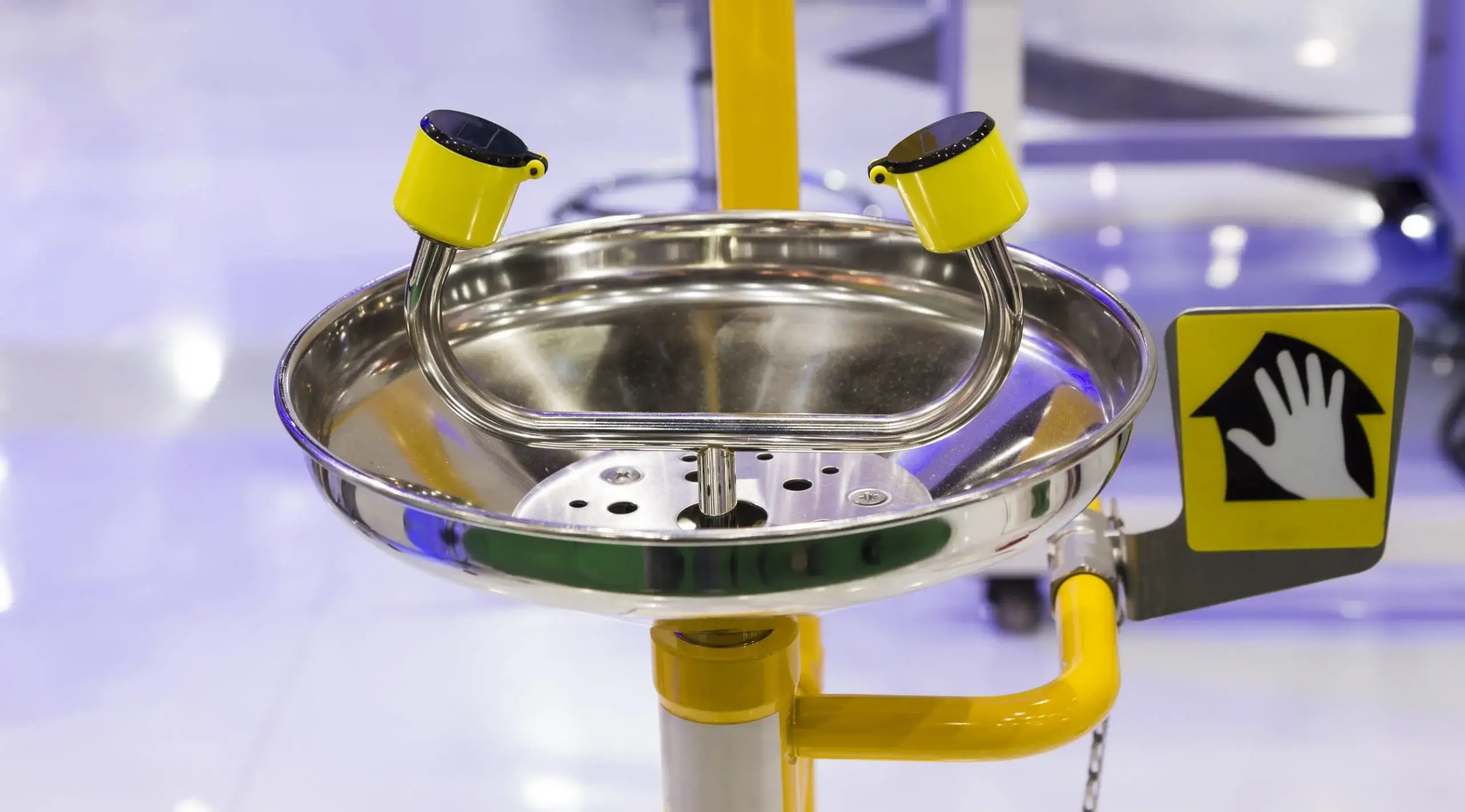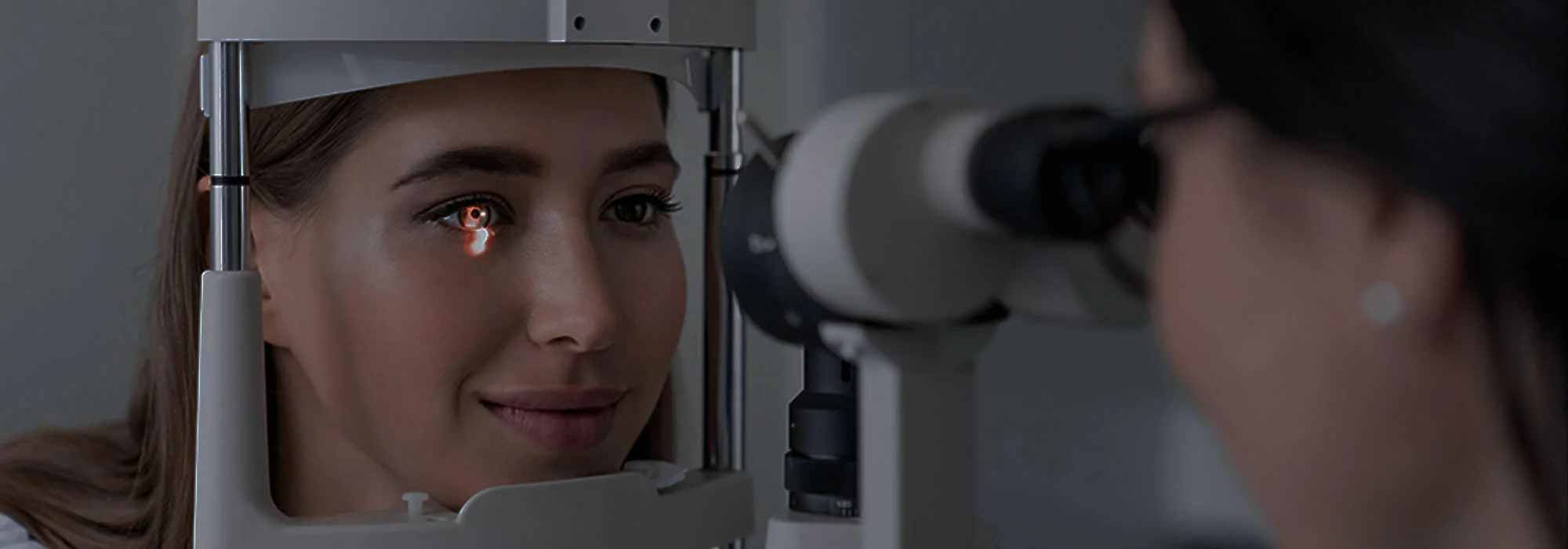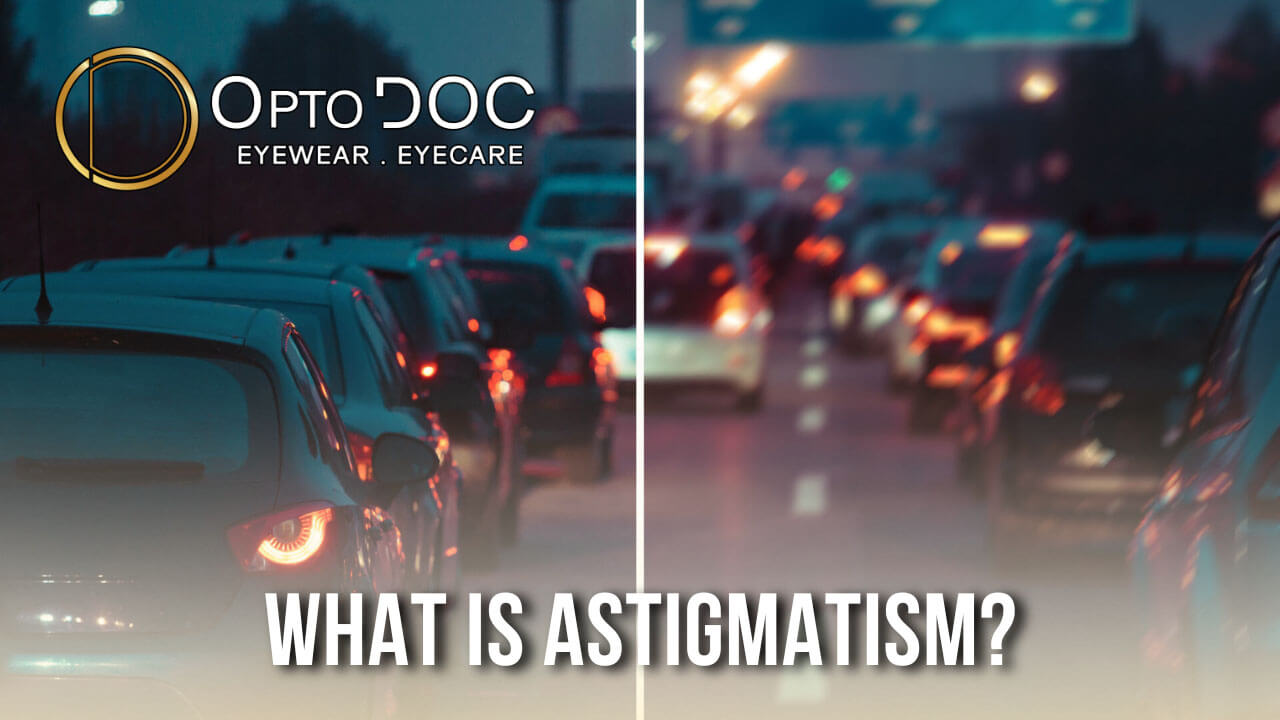
Contact Lenses in the Workplace
Employees wear contact lenses in the work place because they allow the wearer to see more clearly, particularly if the wearer has issues with spectacle blur or visual field limitations. However, contact lenses are not intended to be used as protective devices and are not a substitute for personal protective equipment.
Workplace contact lens safety is a complicated issue, with arguments for and against their use. While there are documented situations in which contact lenses prevented toxic substances from reaching the eyes, there are ongoing concerns about dust and chemicals becoming trapped behind the lenses, or gases and vapours causing eye irritation and watering, or the possibility that chemical splash injuries can be exacerbated if lens removal is delayed.
Both employers and employees have responsibilities to ensure the safe use of contact lenses in the workplace.
Employer Responsibilities
- Ensure that employees comply with eye health and safety practices and procedures.
- Provide education about eye hazards - particularly those specific to contact lens use - and training on the proper use of eye wash stations and procedures for rinsing the eyes.
- Clearly identify contact lens wearers for those responsible for first aid. This information should also be maintained in the employee's file.
- Those responsible for first aid should be able to remove contact lenses in case of an emergency. In situations where the lens cannot be removed, an employee should be seen by an eye care specialist to prevent further injury.
- Provide access to a clean place for regular maintenance and periodic cleaning of contact lenses and personal protective equipment (for example, removal of dust particles).
Employee Responsibilities
- Keep contact lenses clean. Follow the advice of your eye care specialist.
- Discuss your work environment and any possible hazards with your eye care specialist.
- Make sure that fellow employees and your employer know that you are wearing contact lenses.
- Be alert for changes to work processes and environmental conditions that may pose a risk to safely wearing your contacts.
- Keep eye glasses available for unforeseen circumstances.
- Wear personal protective equipment whenever required.
- Learn about workplace eye hazards and encourage your employer and Joint Health and Safety Committee members to do the same.
Do Carrots Really Help Your Vision?
You’ve probably heard the old saying: “Eat your carrots, they’re good for your eyes!” But ho
The Best Glasses for Gaming
Learn what a refraction test is, why it matters for your vision, and how OptoDoc uses it to provide
What is Astigmatism?
Learn what astigmatism is, how it affects your vision, and how OptoDoc can help you see clearly with








Leave a Reply